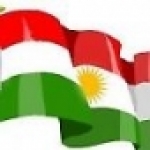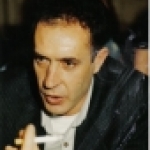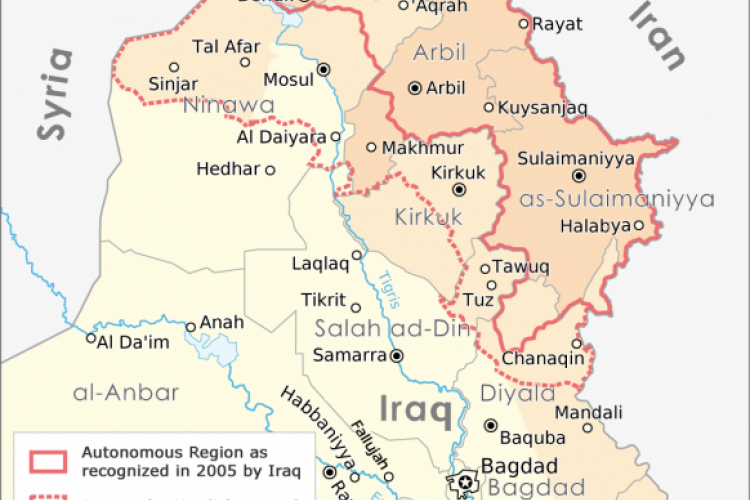Reuter, 20.08.08
By Missy Ryan
ARBIL, Iraq (Reuters) - Iraqi politicians must not let a bitter feud over the oil-rich city of Kirkuk stand in the way of provincial elections expected to redraw the country's political map, the U.S. ambassador in Baghdad said on Wednesday.
"It's important that the elections law focus on elections, not on attempting to use this legislation to solve a difficult and much more complicated problem," Ryan Crocker, Washington's ambassador to Iraq, told Reuters in the Kurdish capital Arbil.
Earlier this month, Iraq's parliament failed to pass a draft law needed to hold the provincial polls after politicians reached deadlock over how the vote might alter the balance of power in the ethnically mixed northern city.
Washington had been urging Iraqi politicians to shelve the feud over Kirkuk, which minority Kurds want to fold into their autonomous northern region over the fierce objections of Kirkuk's Turkmen and Arab residents.
The fate of Kirkuk threatens to force a serious delay in the long-awaited polls, originally scheduled for October 1, and poses a major political test for Iraq's fledgling democracy.
Both the United States and the United Nations hope the elections will foster reconciliation after five years of bloodshed and give a greater voice to the Sunni and Shi'ite
factions that stayed away from previous polls.
An earlier version of the law was vetoed by President Jalal Talabani, himself a Kurd, and sent back to parliament.
Crocker, speaking at an economic forum in Arbil, told officials from different ethnic and political blocs that they must do more to bridge partisan and sectarian divisions.
"You have faced and suffered from common enemies," Crocker said, such as former leader Saddam Hussein and Sunni al Qaeda militants who have targeted Iraqis of all stripes.
"It is very important to remember what brings you together, not only the differences," he said.
He said a plan brokered by the United Nations, which would have allowed the local polls to go ahead across Iraq, except in Kirkuk, whose fate would be dealt with in a separate law later on, "seems to be the way to proceed".
But so far, the plan has yet to produce any definitive consensus surrounding the Kirkuk tinderbox.
SCANT SIGNS OF PROGRESS
Deputy Prime Minister Rafie al-Esawi, from the Sunni Accordance Front, told reporters after the conference that politicians were still seeking a solution to the impasse.
Some fear tensions will fester, triggering renewed strife just as violence in Iraq falls to levels not seen since 2004.
The Kirkuk issue has prompted protests, including one in which more than 20 people were killed in a suicide attack.
In Baghdad, U.N. officials on Wednesday unveiled a new plan for resolving territorial disputes in Iraq, proposing for Kirkuk a broad political deal backed by all sides, which would be put to a "confirmatory referendum".
Kirkuk Governor Abdul Rahman Mustafa, a Kurd, downplayed tensions among the city's diverse population and rejected the idea that the elections impasse could ignite new violence.
"No, no," he told Reuters. "We are like brothers with each other."








Reuter olacak- ve gene benim kisa yorumumla